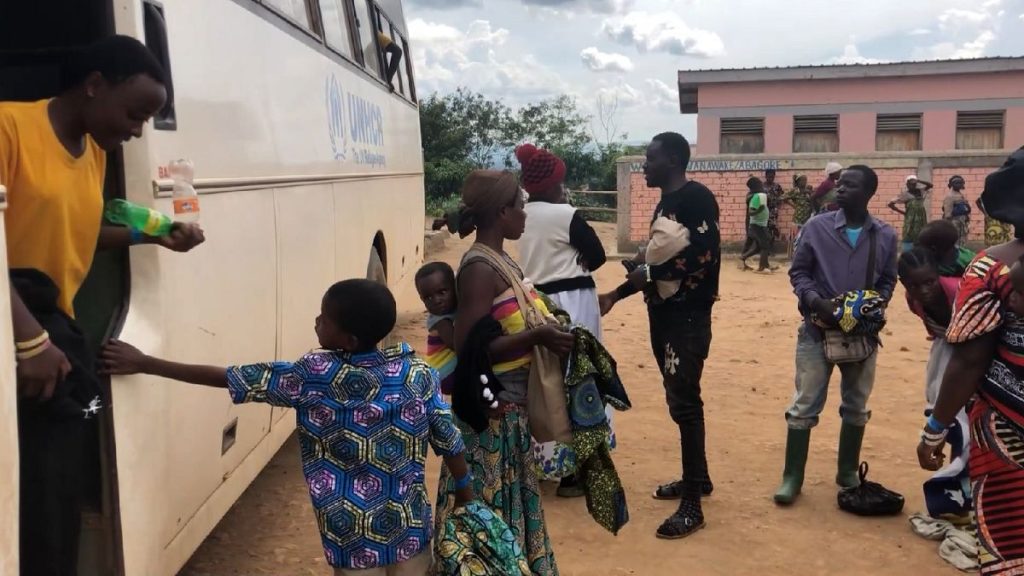Uganda is home to 1.6 million refugees, mainly from neighbouring South Sudan and the Democratic Republic of Congo. The country has a unique refugee policy that allows in virtually everyone from war-torn regions, providing immediate protection under a system known as prima facie. Despite the country’s poor democracy indicators, it relies on humanitarian aid from international partners to support refugees. This aid provides material support, finance for infrastructure, education, and medical care in 14 refugee settlements across the country.
Refugees in settlements like Nakivale receive a house or materials to build one, a small plot of land for cultivation, and financial and food support. However, due to limited resources, not all refugees receive the same level of assistance. Hunger is a significant issue in refugee camps, with many struggling to feed their families on limited rations and resources. Malnutrition rates are concerning, particularly among children under five, impacting growth and overall health. Programs like ‘Nutricash’ aim to combat child malnutrition but face challenges as the allocated funds are often used to feed the entire family.
The increasing number of refugees in settlements is straining the Ugandan model, with eight out of 14 settlements exceeding 100,000 inhabitants. A high birth rate in camps contributes to overcrowding, with new arrivals and births adding to the growing population every week. Despite this, humanitarian aid is decreasing, with less funding available per refugee compared to previous years. The EU has allocated funds for Uganda but faces challenges in transitioning from humanitarian aid to development cooperation due to competing global crises like the war in Ukraine.
The impacts of limited resources and support are felt by refugees in terms of hunger, disease, school drop-outs, and limited prospects, particularly among minors who make up a significant portion of the refugee population. The challenges faced by refugees in Uganda reflect broader issues within the humanitarian aid system, with more acute crises receiving greater attention and resources. The resilience of the Ugandan model is at risk due to the gap between needs and available resources, with funding cuts and competing priorities complicating the provision of support for refugees. Despite these challenges, there is a commitment to maintaining support for refugees in Uganda, with a focus on transitioning towards sustainable development cooperation.


